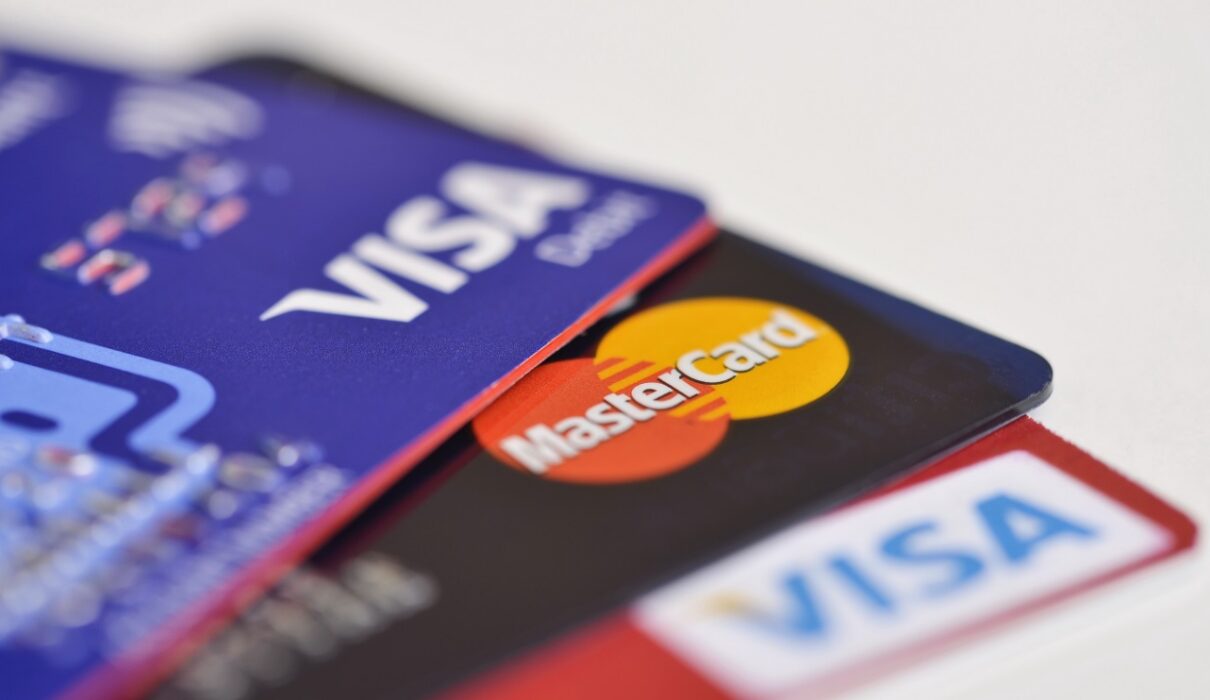6 Tips For The Best Credit Card Use
Here are our deciding points for determining the best credit cards to use. Before applying for any credit card, there are some things you need to think about. This is especially true if you have a mediocre credit score and not a lot of income. People with these circumstances are not likely to have a lot of choices, so you want to select one that you can use where
Choose a Credit Card You Will Use
Getting a credit card just because you can does not make a lot of sense. Many of them have special rewards but can only be used at particular stores. This is not going to do you much good unless you shop there often. It is better to consider what type of purchases you spend the most money on each month and apply for a card that you can use when you buy that kind of item – such as food, gas, airlines, hotels, department stores, etc.
Look at the Rewards
Many cards will have rewards programs that are good for when you first apply. You need to consider how long the rewards benefit will last because it will vary with each card. It could range anywhere from three months up to 18 months, but this may only apply to various features of the card. Once again, you want to find one with benefits that will be applied to the purchases you make the most.
Some credit cards only offer rewards for specific types of purchases but not for other types. A gasoline card, for instance, will only give rewards (points or cashback) for purchases of gasoline. Other cards will give varying amounts of rewards, such as 2% for gas purchases, but 5% for groceries.
Fast Rewards
If a credit card provides benefits within a certain time frame, such as a credit on your card statement of $150 after you buy $1,000 worth of purchases; make sure that this is within your budget before applying. Avoid going into debt or risking getting put into a high-interest category (often 29% or more) for it.
Balance Transfers
This is an excellent benefit to look for if you have existing credit card debt. You can transfer your debt to the new card and pay zero interest on it for a certain amount of time. Look for cards that do not have a transfer fee (often a percentage of the amount transferred) for it because many cards will do this for free.
Check the Interest Rate
Interest rates are always based on your credit score and other details, such as income. Remember that the interest rate offered is not always the interest rate you get when the card arrives. Look for credit cards with low-interest rates.
If your credit score is not very high, you should take some time to raise it. You can do this by paying your bills on time, always paying the minimum amount, and reducing your debt to a ratio of less than 30% of debt-to-income. Credit card ads will often show you what type of credit score you need to get the best benefits from that card.
Look at the Fees
Every credit card will have fees associated with it. Some fees, however, are minimal, which will make them better than other cards. Avoid cards with annual fees and high late payment fees. Be sure that you can access your credit card account online and pay your bills online, too. This will enable you to see what kind of rewards you are earning, your balance owed, interest, past statements, and more.
For more, check out this article from Forbes, where they give their Best Credit Cards of 2022.

